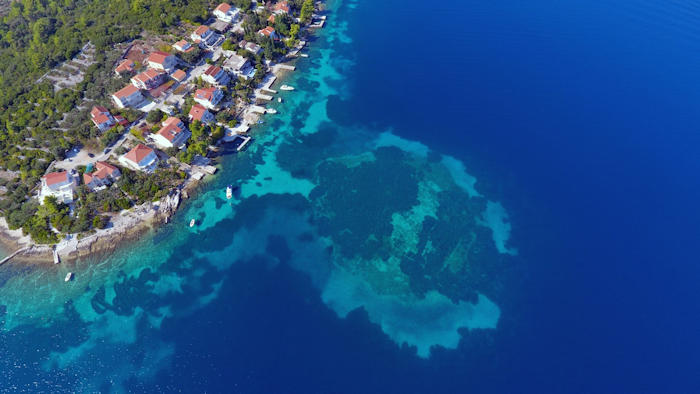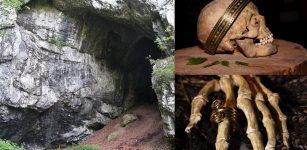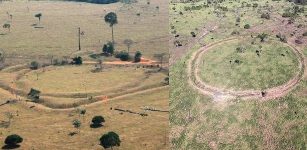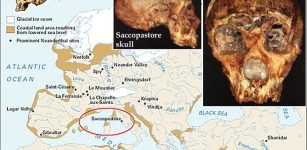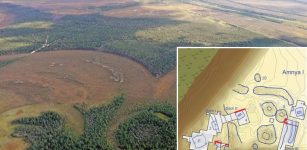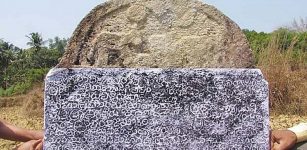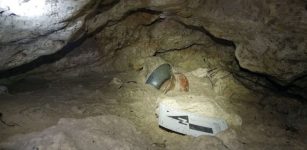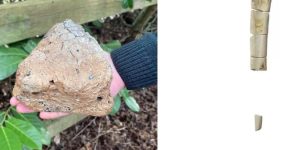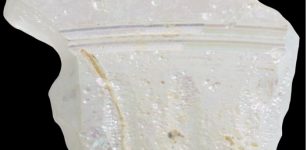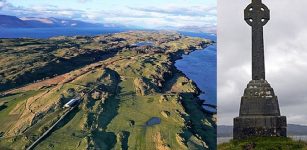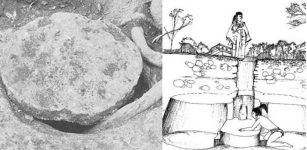7,000-Year-Old Underwater Road Discovered In Adriatic Sea Off Korcula Island
Jan Bartek - AncientPages.com - Visitors to the beautiful island of Korcula, the supposed birthplace of Marco Polo in Croatia, can admire wonderful dense pine forests, beautiful buildings, small squares, and marvelous monuments in the medieval Old town. As the sixth-largest Adriatic island, Korcula is a popular tourist attraction, but the island has more to offer than modern sightseeing tours. The island of Korcula has a rich history going as far back as the Stone Age.
Underwater archaeologists have discovered a 7,000-year-old road near the Island of Korcula. Credit: Univerity of Zadar
A local legend tells Prince Antenor of Troy founded the main settlement of Korcula. Archaeologists have previously found evidence of ancient Greek settlements on the island, and Korcula was also once part of the Roman Empire.
Now, underwater archaeologists have made an incredible find making the history of Korcula even more exciting. Scientists from the Univerity of Zadar announced on Facebook they made a surprising discovery while conducting underwater archaeological research on the submerged Neolithic site of Soline on the island of Korcula.
Credit: Univerity of Zadar
The research is the result of the collaboration of several institutions and companies. In addition to the leader Mata Parica from the University of Zadar, the group consisted of Domagoj Perkić (Museums of Dubrovnik), Ivan Šuta and Vedran Katavić (Museum of the City of Kaštela), Katarina Batur (University of Zadar), Marta Kalebota ( City Museum of Korčula), Eduard Visković (Kantharos), with the assistance of Dalibor Ćosović from the diving center Lumbard Blue.
Credit: Univerity of Zadar
At the same time, on the other side of the island of Korcula, archaeologists from the University of Zadar are conducting land research near Gradina Bay near Vela Luka. It was Igor Borzić, the head of the research, who noticed the strange structures in the sea of the bay.
See also: More Archaeology News
The archaeological team diving at the Soline site inspected the central part of Gradina Bay. To everyone's delight, the existence of a settlement almost identical to the one at Soline was determined at a depth of 4 to 5 meters. Neolithic artifacts such as flint blades, stone axes, and fragments of millstones were found at the site.
Further studies will hopefully shed more light on the inhabitants of the submerged ancient ruins.
Written by Jan Bartek - AncientPages.com Staff Writer



